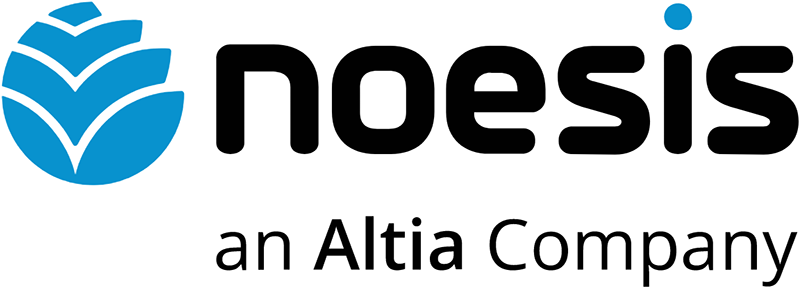
Noesis, an international technology consultant that offers IT services, has as one of its objectives to stimulate the entry of women in the technological sector. In this company, already 30% of the talents are women, and 14 women assume leadership positions.
Not being conditions specifically targeted at women, we know that they are a decisive factor when choosing to join an organization.
It is a cultural issue that recent generations have been fighting. We already see many young women in universities and polytechnic institutes taking courses that, a few years ago, were exclusively attended by male students. In the technological area, there is no distinction between male or female roles.
He has almost 30 years of experience in Strategy and Human Resource Development in multinationals in the technological sector. According to your professional experience, what can companies in the sector do, or what initiatives can they implement, to encourage the entry of women?
I started my career as a management consultant, in the area of organization and processes, and later as an ERP implementer, which allowed me to know the various aspects of a company and endowed me with an extremely valuable experience when I focused on Human Capital.
I do not say that it is easy, as women are often placed in a position where they have to choose between career and personal life. It is this culture and form of social organization that we all have to fight. Human Capital companies and policies must make a difference. My experience tells me that it is possible to reconcile the professional and family dimension. It implies increased effort, perhaps, but it is rewarding on both sides.
At Noesis we promote close monitoring of the responsible and team leaders, which allows us to anticipate situations of demotivation and tiredness. We have an open culture where access to coordinators and the Human Capital team is encouraged. In this way, we seek to follow the path of our talents in the company and find the best fit between what the company has to offer and what they are looking for. The main objective is to retain our best talents and provide them with career options and progression within the organization. We believe that in this way, we all win. Motivated teams are more productive teams, we have no doubt about that.
Due to the fact that we are working from home and also because of the confinement we were forced to, many families saw their daily lives changed radically, with the overlapping of professional tasks with domestic tasks and with a mixture between these two “universes”. This situation created greater tension within the family and, eventually, some of the cultural issues mentioned above put women under greater pressure. The scenario that you have outlined, however, is not a scenario that occurred in Noesis.
If we look at our sector, and our company, the management of skills and careers is done regardless of gender, which is why we see more and more women in relevant positions.
Noesis currently has about 940 employees based in Portugal, the Netherlands, and Brazil. At Noesis, remote work was already a reality, namely in the provision of services to other geographies, so the adoption of telework was a change in the vast majority of cases, very simple and easy. The main change was the change of our workspaces from the offices of the company or our customers to our home, in a moment of confinement, that is, different from a “normal” teleworking regime. We started to work in the living room, in the kitchen, with the other members of our household, with children at times that are not always compatible with our obligations, but we adjusted and managed to maintain good productivity and possible proximity to the company. When possible, we gradually returned to the office, with all security measures, maintaining a mixed model of work that we believe will be the reality in the near future.
Originally publish (in Portuguese) in RHmagazine


